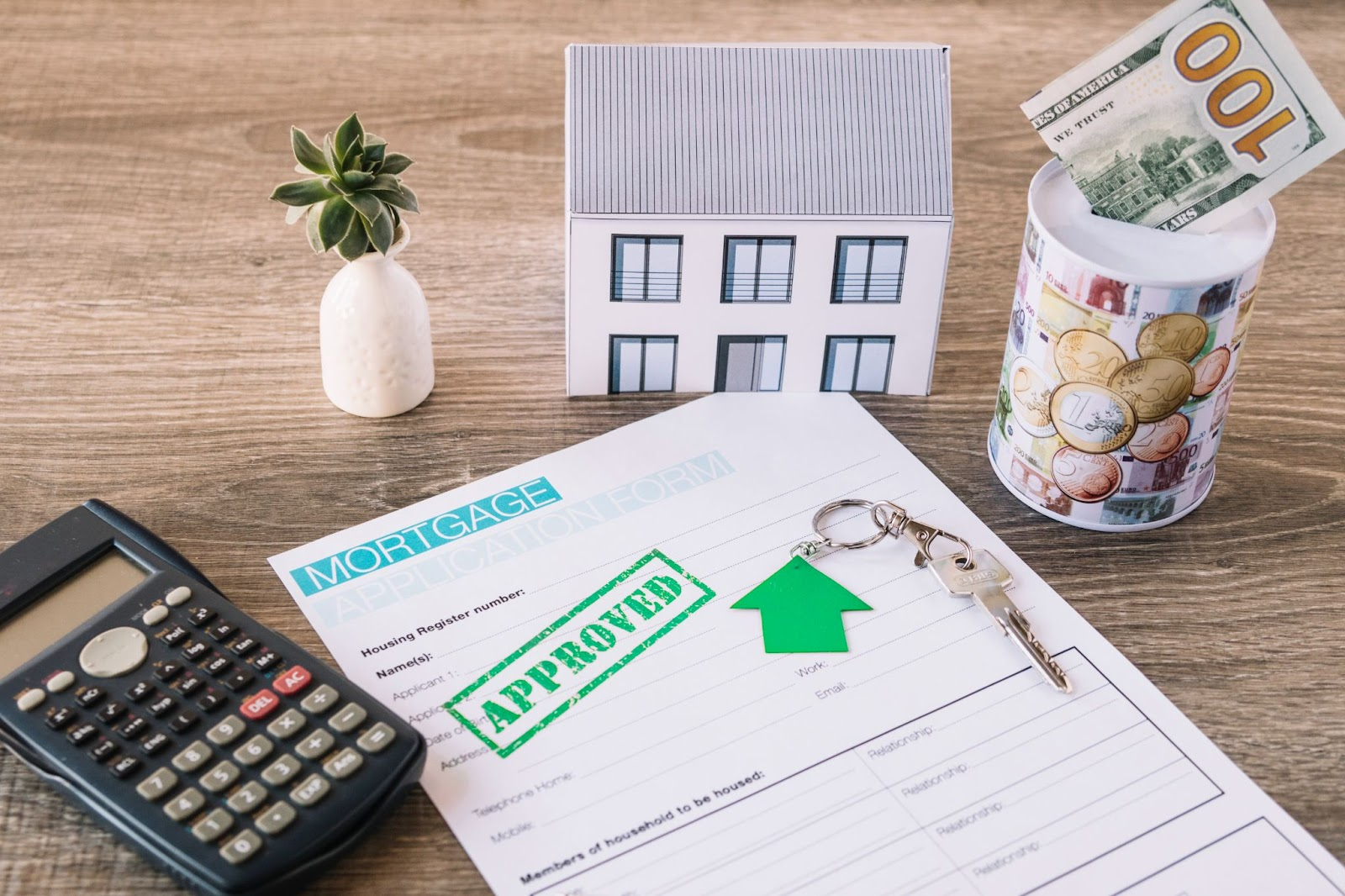How to Understand Dominican Republic Property Taxes: Complete Guide for Homeowners and Investors


.jpg)
If you own or plan to buy real estate in the Dominican Republic, understanding the local tax system is essential. Dominican Republic property taxes are relatively straightforward compared to many other countries, but there are important details and exemptions that every homeowner and investor should know. Whether you’re purchasing a beachfront condo, a luxury villa, or a plot of land, knowing what you’ll pay - and when - can help you avoid surprises and plan your finances wisely.
In this guide, we’ll break down the main property taxes in the Dominican Republic, how they are calculated, and provide useful tips for paying less where legally possible.

Taxes may not be the most exciting part of owning property, but they directly affect your investment returns and annual expenses. Key reasons to understand them include:
TIP: Keep all property documents, valuations, and payment receipts in both paper and digital form - they’re often required for legal and tax purposes.
There are two main taxes that property owners should know about:
1. Property Transfer Tax (Impuesto de Transferencia de Propiedad Inmobiliaria)
2. Annual Property Tax (Impuesto sobre la Propiedad Inmobiliaria -- IPI)

The exact amount depends on your property’s assessed value, not necessarily the purchase price. For example:
Other possible costs:
TIP: Government-assessed values are often lower than market prices, which can work in your favor for tax purposes.
1. Verify Your Assessed Value
The Dirección General de Impuestos Internos (DGII) determines your property’s official value.
2. Check If You Qualify for Exemptions
Primary residences under the exemption limit, agricultural land, and some corporate-owned properties may be exempt.
3. Pay the Annual IPI
Payments can be made online or in person at DGII offices, usually in two installments (March and September).
4. Pay the Transfer Tax When Buying
This is necessary for title registration. Make sure your lawyer includes it in your closing cost estimate.
5. Keep Proof of Payment
It will be needed for future property sales or inheritance procedures.
TIP: Work with a local attorney who specializes in real estate - they can often identify exemptions and ensure you pay only what’s required.
While tax rates are national, certain areas offer better investment returns after taxes due to strong rental demand:

Compared to many countries, Dominican Republic property taxes are relatively low, making the DR attractive for both lifestyle buyers and investors. The 1% annual tax only applies above a reasonable exemption threshold, and the one-time transfer tax is predictable.
By understanding how these taxes work - and taking advantage of exemptions - you can enjoy property ownership in the Dominican Republic with minimal tax burden. Proper planning and local advice will ensure that your Caribbean investment remains as profitable and stress-free as possible.